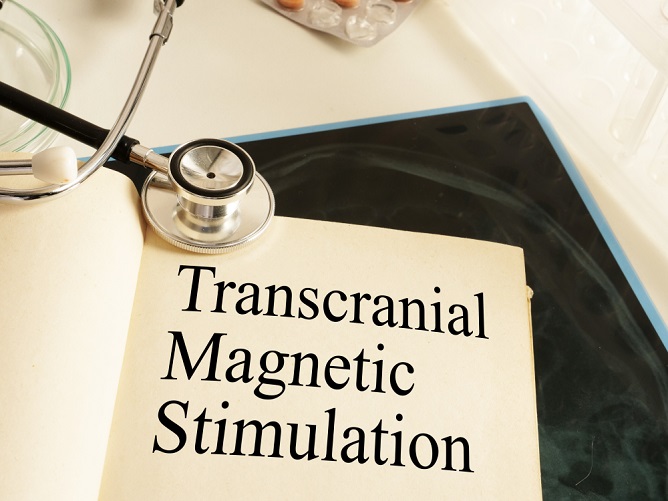
NeuroStar TMS therapy is a non-invasive, FDA-cleared treatment for major depressive and mood disorders. It’s generally considered to be a safe and well-tolerated treatment option, with few, if any, significant side effects.
Some patients may experience mild to moderate scalp discomfort or headaches during or after treatment, which they can typically manage with over-the-counter pain medication. That’s why it’s crucial to know the benefits and risks of TMS therapy for depression.
There’s a clinic that does exceptional depression treatment in Massachusetts.
Anyhow, in rare cases, patients may experience more serious side effects, such as seizures or mania, although these occurrences are extremely rare and are typically associated with patients who have pre-existing risk factors for these conditions.
The therapy has been extensively studied in a TMS clinic and has a low risk of significant side effects, making it a viable option for patients who have not responded to other treatments or who prefer a non-drug approach to managing their depression.
It’s important to note that NeuroStar TMS therapy is not suitable for everyone, and it should only be performed by a licensed healthcare professional or psychiatrist in Massachusetts with experience in administering TMS therapy.
Patients with certain medical conditions, such as epilepsy or implanted metallic devices in the head, may not be candidates for TMS therapy.
Suppose you are considering NeuroStar TMS therapy as a treatment option for depression. In that case, it’s important to discuss the potential risks and benefits with your healthcare provider to determine if it suits your needs and medical history.
Contact South Boston TMS to know if this treatment option is for you, especially if you’re looking for a depression clinic in South Shore, MA.




Leave a Reply